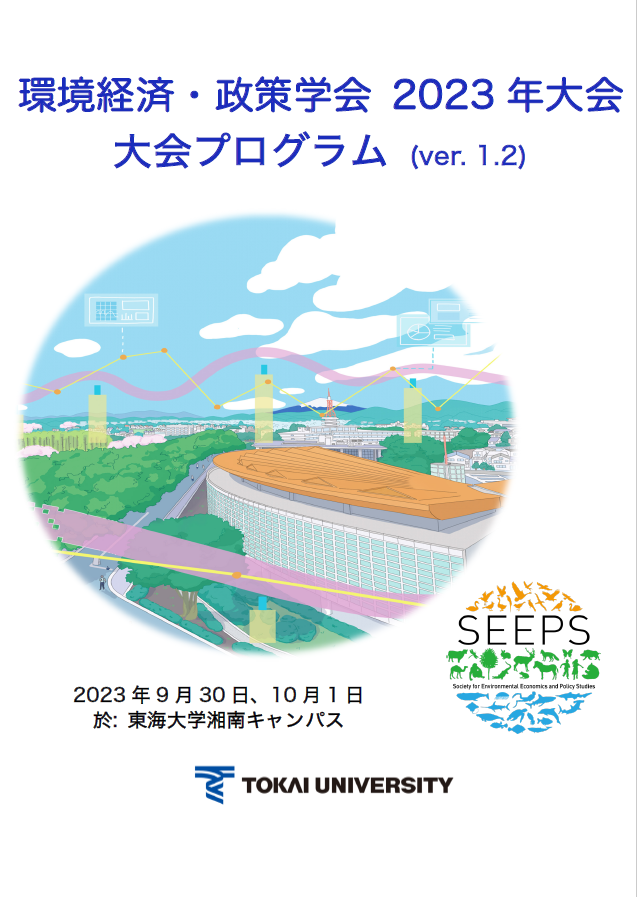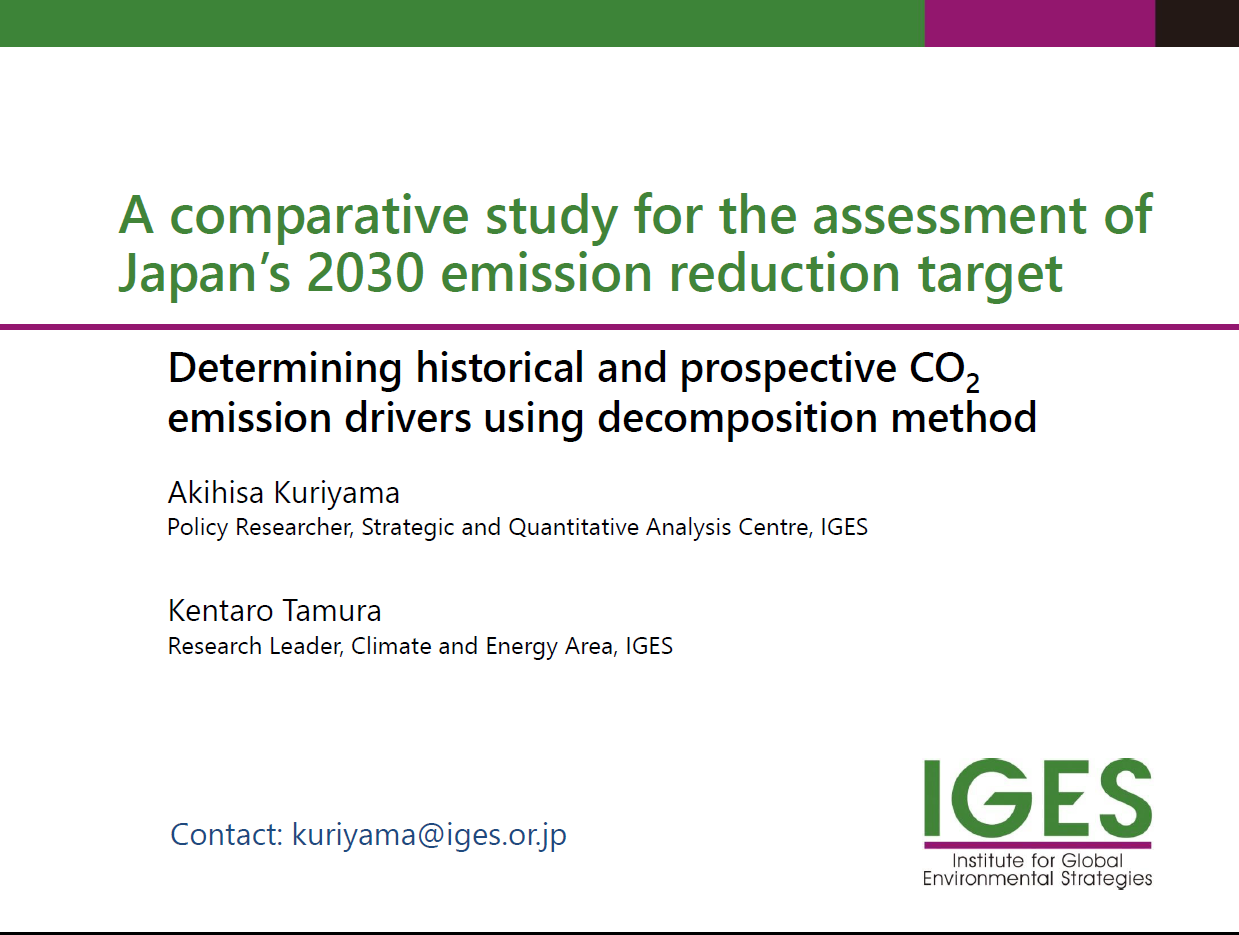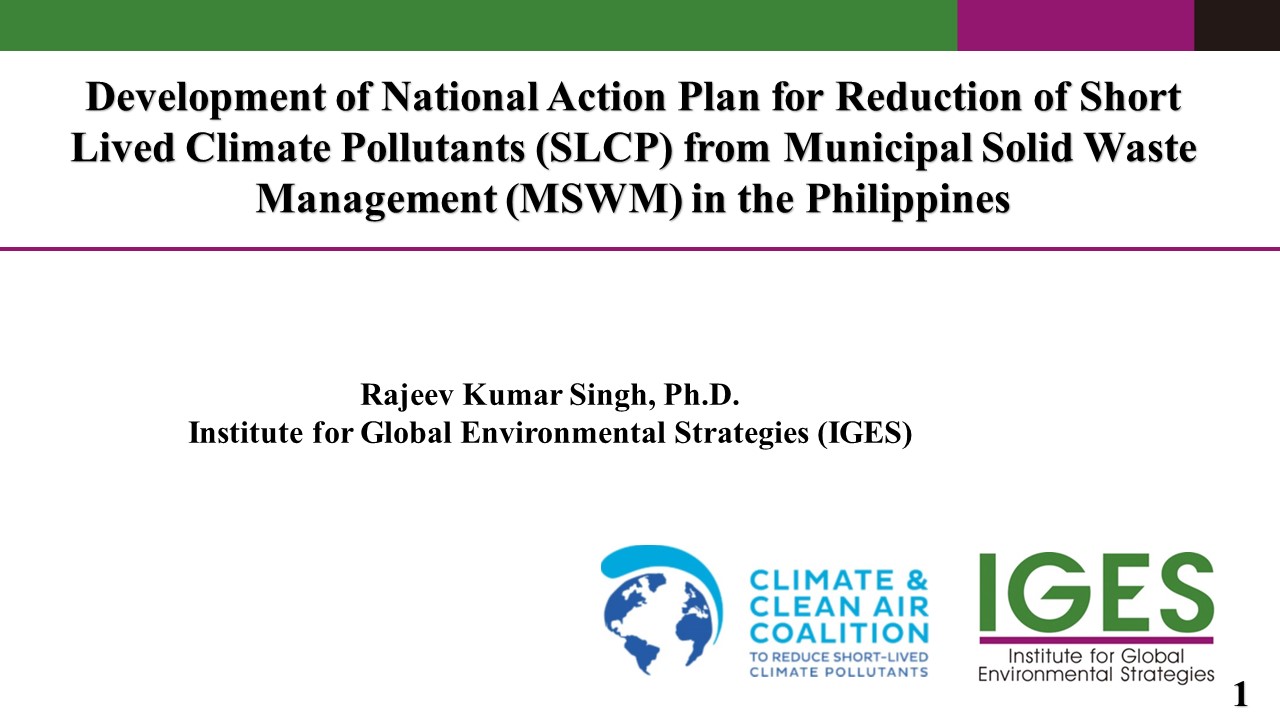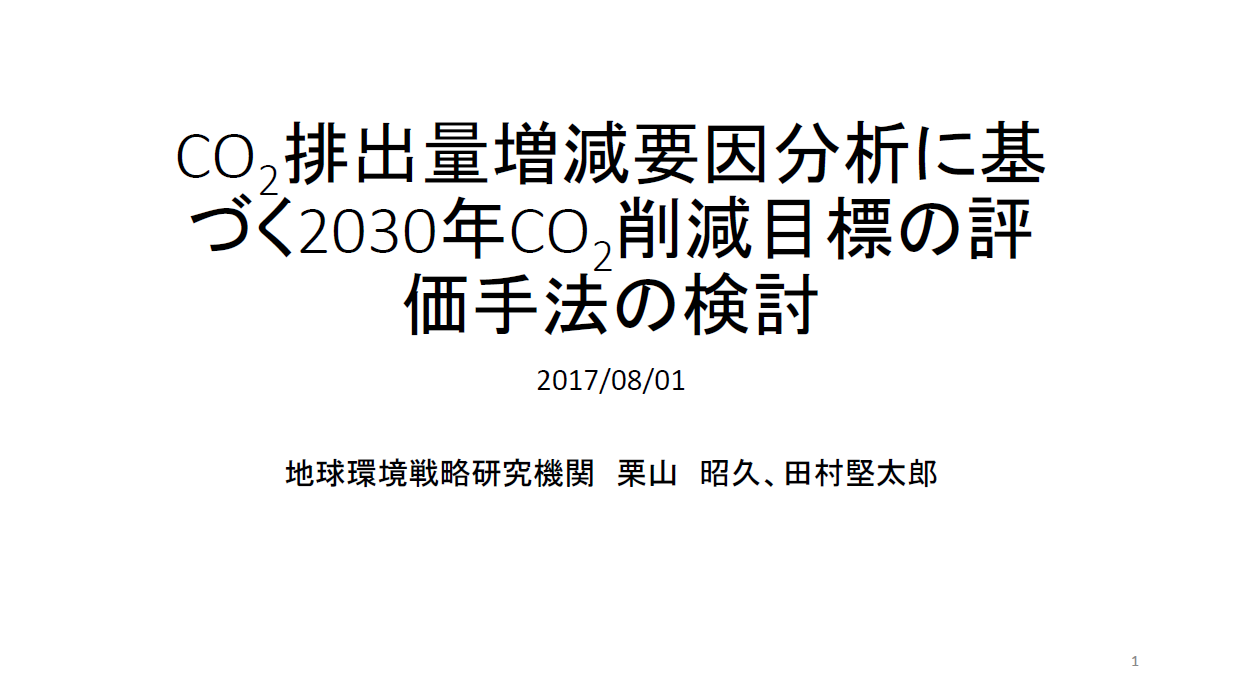環境経済・政策学会 2023年大会
2020 年 10 月、当時の菅総理が「 2050 年カーボンニュートラル、脱炭素社会の実現」を宣言してから今日に至るまで( 2023 年 3 月 31 日時点)、東京都・京都市・横浜市を始めとする 934 自治体( 46 都道府県、 531 市、 21 特別区、 290 町、 46 村)が「 2050 年までに二酸化炭素排出実質ゼロ」を表明しており、係る自治体の総人口は、約 1 億 2,577 万人にのぼる。今後、自治体による地域特性に配慮した再エネ戦略づくりの更なる活性化が見込まれ、再エネポテンシャルの正確な把握が課題となる。本稿は神奈川県三浦郡葉山町を対象に、建築物外周線データ分析に基づき、当該行政区域における屋上設置型太陽光発電設備の導入ポテンシャルについて試算した。試算では...
Keywords:






